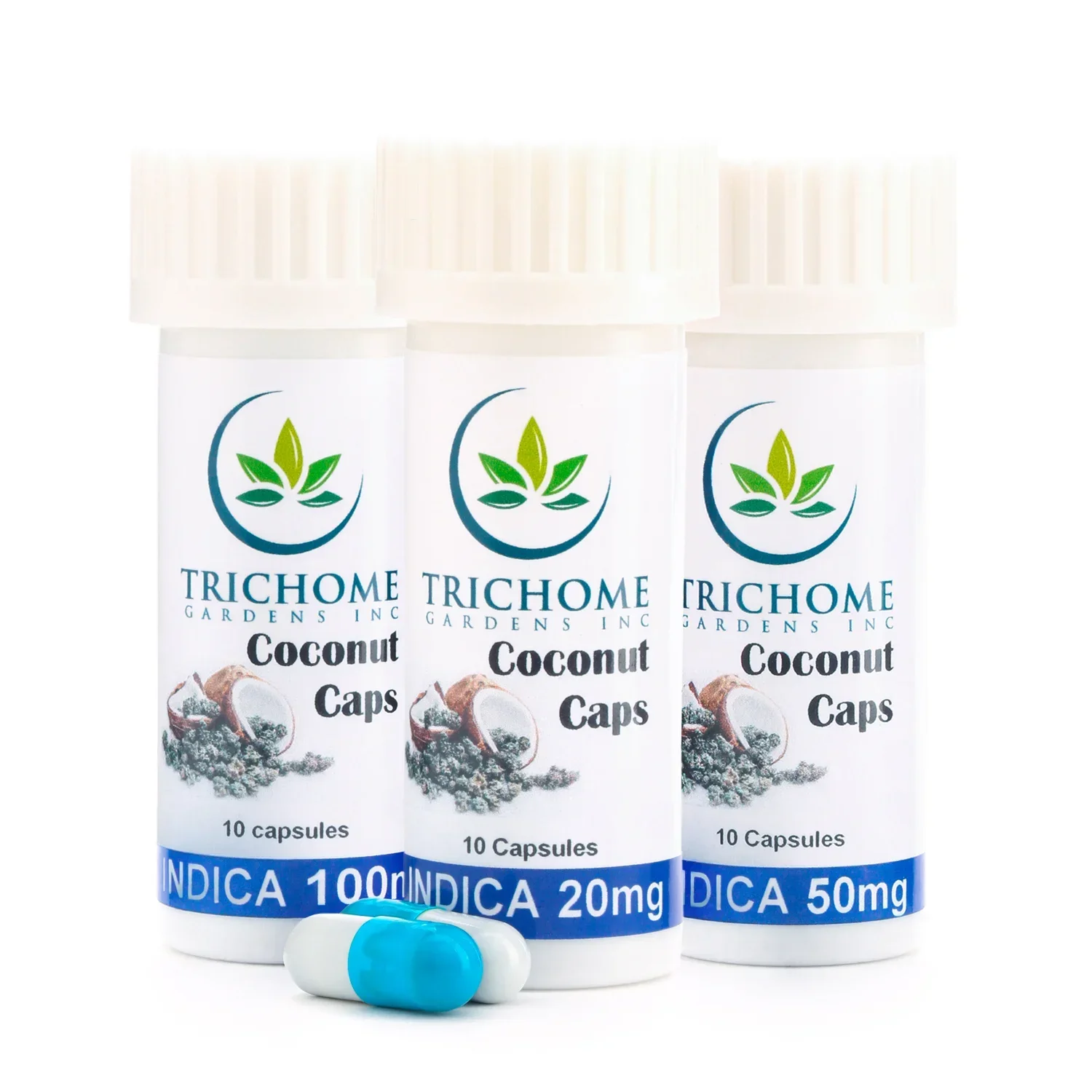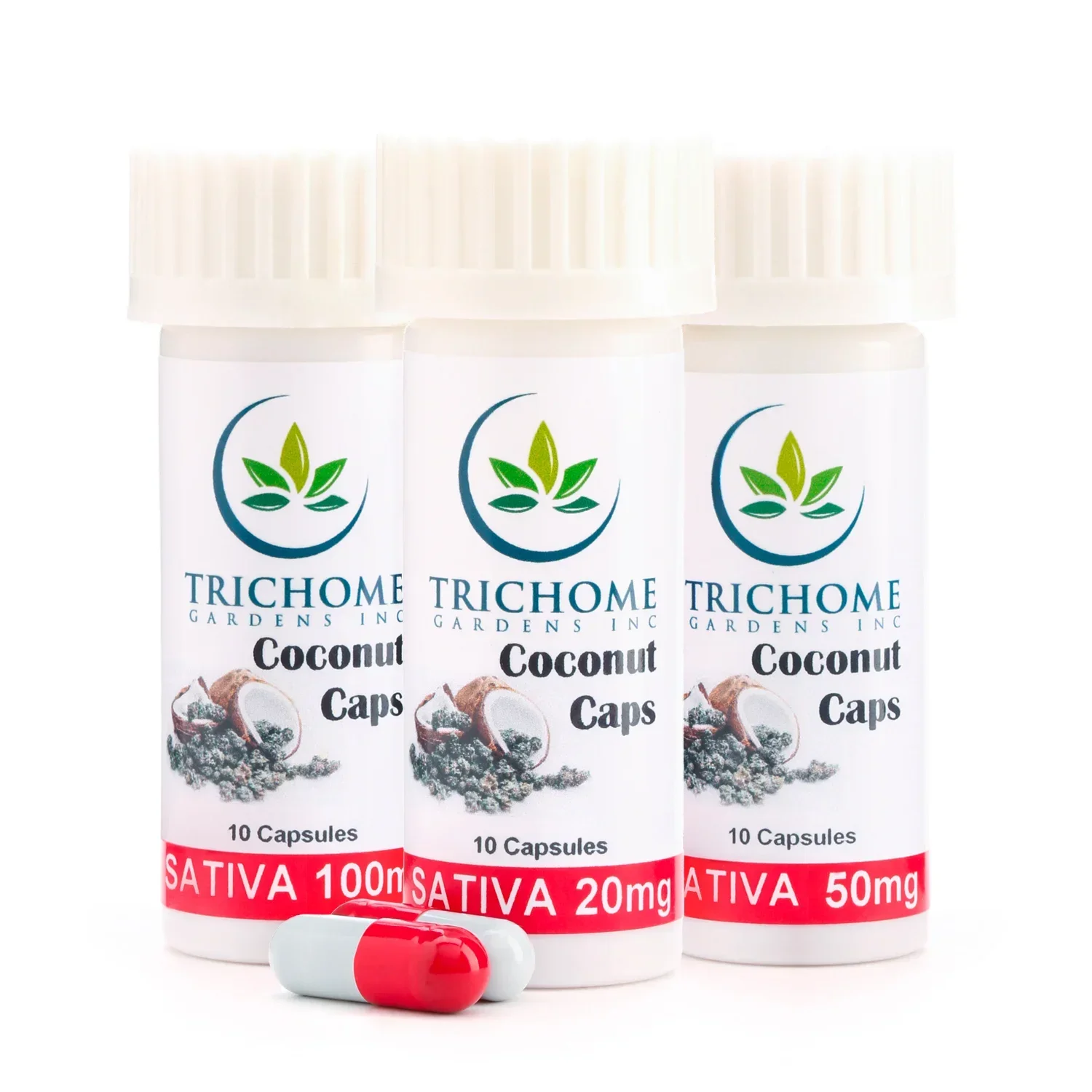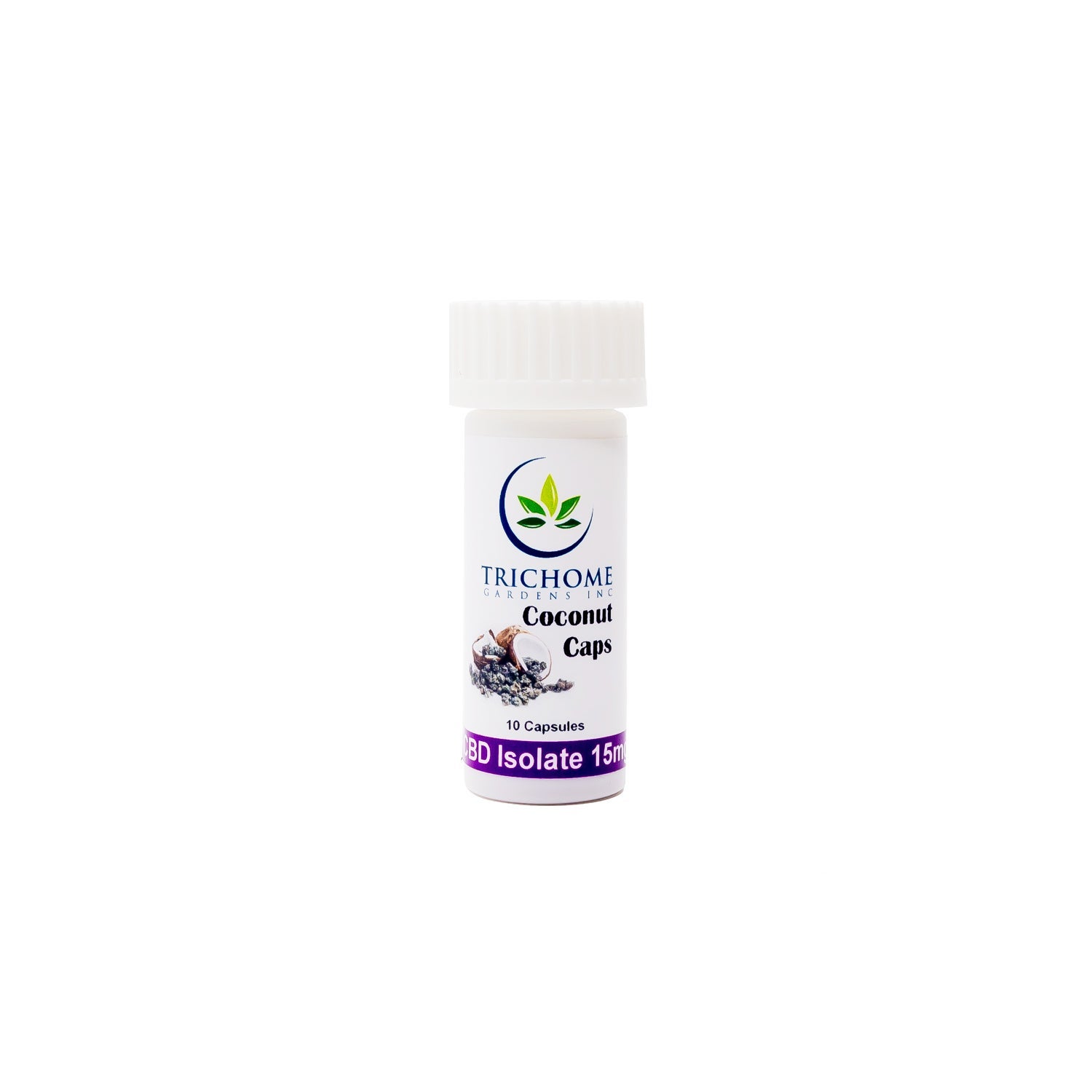Table of Contents
- Understanding Asthma
- The Science Behind Cannabis and Asthma
- Potential Benefits of Cannabis for Asthma
- Risks and Considerations
- Conclusion
- FAQs
Curious about how cannabis can help with Asthma management? Explore the potential benefits, risks, and scientific findings of this alternative treatment. Let’s dive in and uncover the truth about cannabis as a possible solution for asthma relief.
Understanding Asthma

Asthma is a prevalent condition characterized by chronic airway inflammation, leading to symptoms such as wheezing, shortness of breath, coughing, and chest tightness. It affects people of all ages, and its triggers can vary from allergens to exercise or stress. These triggers can result in asthma attacks, which can be severe and even life-threatening. Managing asthma effectively is crucial to maintaining a normal daily life and preventing exacerbations and complications.
The Science Behind Cannabis and Asthma
To comprehend the potential of cannabis in treating asthma, we must first explore its scientific components. Cannabis contains two primary compounds of interest: tetrahydrocannabinol (THC) and cannabidiol (CBD). THC is known for its psychoactive effects, while CBD is non-psychoactive and has shown promising therapeutic properties.
Research suggests that cannabis, specifically CBD, may have potential therapeutic effects on the respiratory system. The endocannabinoid system, which plays a vital role in maintaining physiological balance, has also been linked to asthma. Understanding these components sets the stage for exploring the potential benefits of cannabis for asthma.
Potential Benefits of Cannabis for Asthma
One of the critical properties of cannabis that may benefit people with asthma is its anti-inflammatory nature. Asthma involves chronic inflammation of the airways, and studies have indicated that certain cannabinoids found in cannabis possess anti-inflammatory properties. By reducing inflammation, cannabis may help alleviate asthma symptoms and provide relief to patients.
Furthermore, cannabis has bronchodilatory effects, which can widen the airways and improve lung function. This could potentially enhance breathing and alleviate the chest tightness experienced by asthma patients. By relaxing the smooth muscles in the airways, cannabis may aid in reducing respiratory distress.
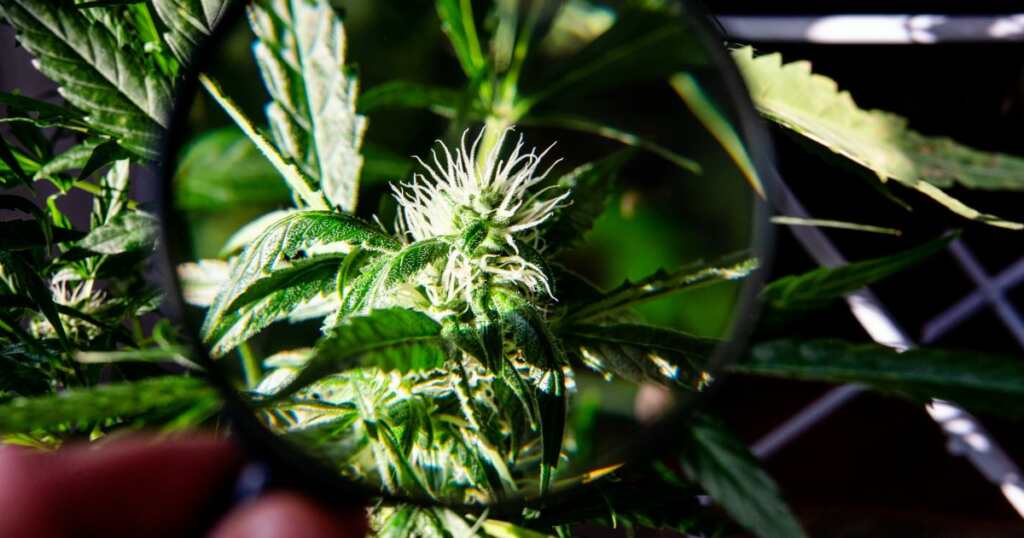
Another potential benefit is the reduction of airway hypersensitivity and asthma attacks. Cannabis compounds help to modulate the immune response, potentially decreasing the sensitive reaction of the airways to triggers. This modulation could result in a reduced frequency and severity of asthma attacks.
Although further research needs to establish conclusive evidence, preclinical studies and anecdotal reports have shown promising results regarding the potential benefits of cannabis for asthma. While these findings are encouraging, it is essential to note that individual responses may vary, and individuals need to seek medical guidance before exploring cannabis as a treatment option.
Current Research and Clinical Studies
As interest in cannabis as a potential remedy for asthma grows, examining the existing research on this topic is crucial. While there are limited studies on cannabis and asthma, some findings show valuable insights. However, conducting clinical trials poses challenges due to legal and regulatory constraints and the need for larger, well-controlled studies.
Promising findings suggest that cannabis may have anti-inflammatory and bronchodilatory effects, potentially benefiting asthma patients. However, further investigation need to establish conclusive evidence. Well-designed clinical trials must determine the optimal dosage, administration methods, and long-term effects of cannabis on asthma management.
Risks and Considerations
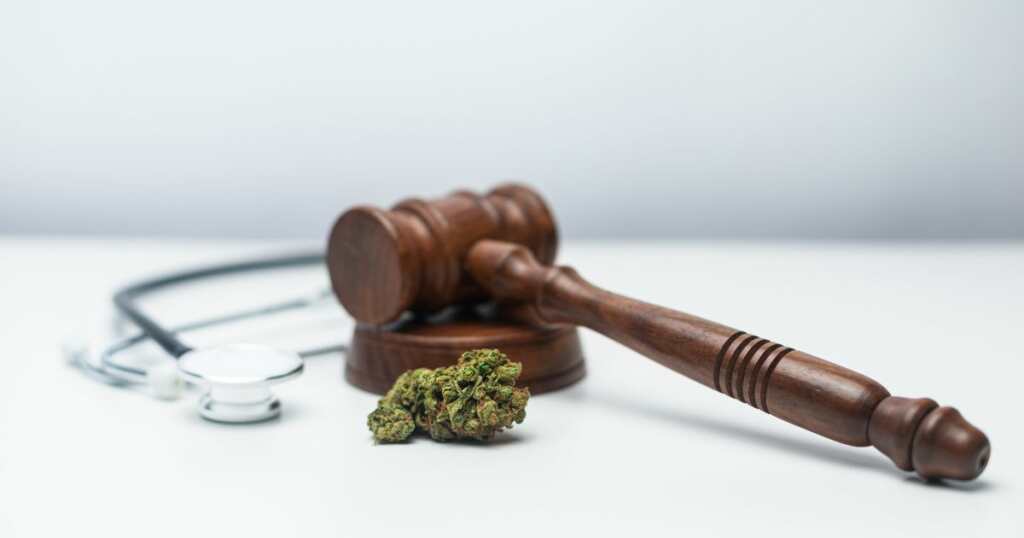
Before considering cannabis as a potential treatment for asthma, it is essential to be aware of the potential risks and considerations. Cannabis, when smoked, can have adverse effects on the respiratory system, including lung irritation and respiratory complications. Proper dosage and administration methods are crucial to minimize these risks.
Furthermore, cannabis may interact with other medications, potentially leading to unwanted side effects. It is vital to consult healthcare professionals and disclose all medications used to ensure safety and avoid potential drug interactions.
Legal and regulatory aspects also need to be taken into consideration. The legality of cannabis varies across jurisdictions, and it is essential to adhere to local laws and regulations when exploring its use for asthma management.
Conclusion
Current research on cannabis and asthma provides good insights but highlights the need for further investigation through well-designed clinical trials. The potential benefits of cannabis, including its anti-inflammatory and bronchodilatory properties, make it an intriguing adjunctive treatment option for asthma. However, the risks, proper dosage, and legal considerations must be carefully evaluated.

Individuals interested in exploring cannabis as a potential treatment for asthma should consult healthcare professionals for personalized guidance. Continued research and clinical trials are essential to determine the safety, efficacy, and optimal use of cannabis in asthma management. As the scientific community delves deeper into this topic, we may unlock the true potential of cannabis in providing relief and improving the lives of individuals with asthma.
FAQs
Can CBD cure my asthma?
While CBD shows potential therapeutic effects for asthma management, it is essential to note that there is currently no known cure for asthma. CBD may help alleviate symptoms and reduce inflammation, but it should not be considered a cure for the condition. Consult with a healthcare professional to discuss CBD’s potential benefits and risks as part of your asthma management plan.
Can I smoke with asthma?
It is generally advised to avoid smoking, including cannabis if you have asthma. Smoking can irritate the airways, trigger asthma symptoms, and worsen respiratory inflammation. If you consider cannabis as a treatment option, alternative consumption methods, such as edibles or vaporizers, may be a safer choice. Consult with your healthcare provider to determine the most suitable approach for managing your asthma while considering cannabis use.
Can you outgrow asthma?
While some individuals can outgrow asthma, it is not guaranteed. Asthma is a complex condition that can vary from person to person. Some individuals may experience a decrease in asthma symptoms or even complete remission as they grow older, while others may continue to have symptoms throughout their lives. Regular monitoring and evaluation by a healthcare professional can help determine the progression of asthma and appropriate management strategies.


